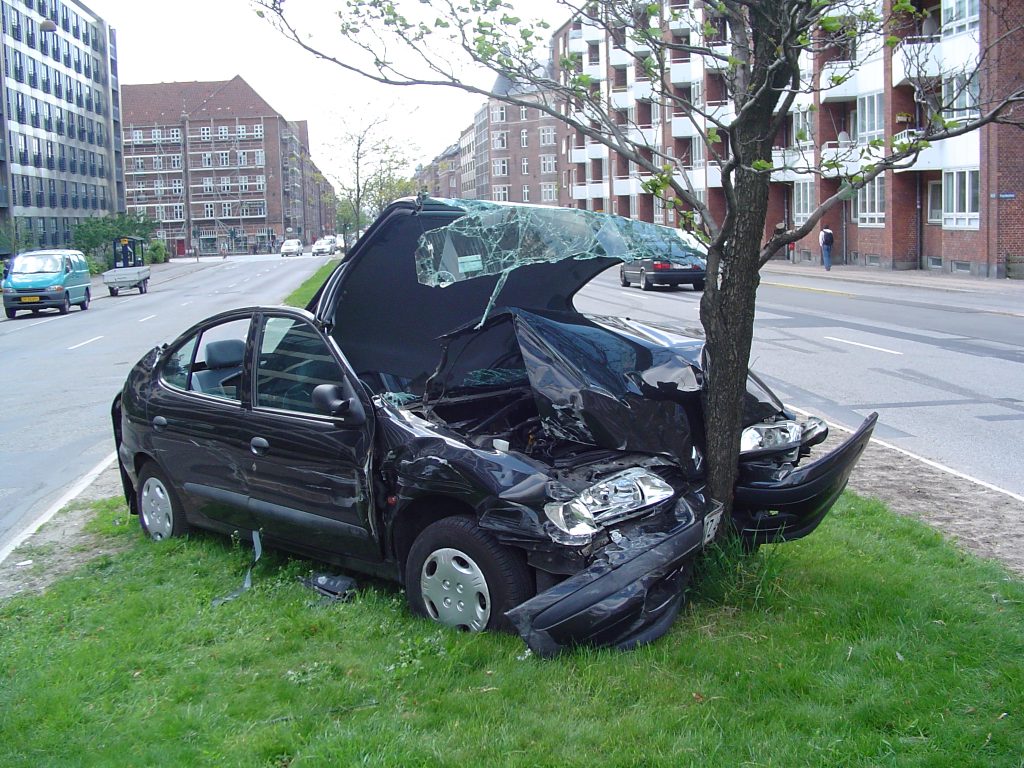 If you ever find yourself injured in a car accident, it’s crucial to seek legal advice from a licensed attorney in your jurisdiction. Consulting with an attorney can help you understand your rights and determine if you are entitled to compensation, depending on the allocation of fault. Car accidents can be complex, and navigating the legal process requires expert guidance.
If you ever find yourself injured in a car accident, it’s crucial to seek legal advice from a licensed attorney in your jurisdiction. Consulting with an attorney can help you understand your rights and determine if you are entitled to compensation, depending on the allocation of fault. Car accidents can be complex, and navigating the legal process requires expert guidance.
A motor vehicle accident occurred at the intersection of Louisiana Highway 315 and Concord Bypass Road in Terrebonne Parish. The accident involved a pickup truck driven by Michael Gaither and a utility van driven by Deputy Warren Webre. Gaither used the turning lane to pass slower traffic when Deputy Webre’s van collided with his vehicle. The investigating officer cited both drivers, citing failure to stop and yield for Deputy Webre and improper lane usage for Gaither.
Following the accident, Gaither filed a lawsuit seeking damages for his injuries. He alleged that Deputy Webre’s failure to pay proper attention and yield caused the accident. Gaither claimed that even if he had turned left onto Concord Bypass Road, the collision would have occurred due to Deputy Webre’s actions. Gaither argued that Deputy Webre should bear a greater share of the fault.
In cases involving motor vehicle accidents and damages, Louisiana C.C. art. 2323 determines the allocation of fault among all parties contributing to the injury. The court must assess the reasonableness of each party’s behavior under the circumstances. Additionally, various factors come into play when evaluating fault, as outlined by the legal precedent established in Watson v. State Farm Fire and Cas. Ins. Co. These factors include: (1) whether the conduct resulted from inadvertence or involved an awareness of the danger; (2) the degree of risk created by the conduct; (3) the significance of what was sought by the conduct; (4) the capacities of the parties involved; and (5) any extenuating circumstances that might require hasty action without proper thought.
After reviewing the evidence and considering the conduct of both parties, the court determined that Gaither’s actions were reckless. He knowingly entered the turning lane without intending to make a left turn, which contributed to the accident. The court also acknowledged Deputy Webre’s fault in failing to notice Gaither’s vehicle until a passenger alerted him. Based on the facts presented, the court allocated 80% of the fault to Gaither and 20% to Deputy Webre.
Regarding damages, Gaither argued that all medical expenses should be included in the award. However, the court considered the medical evidence and found that not all medical costs were attributable to the accident. Given Gaither’s lack of credibility and involvement in prior and subsequent accidents, the court declined to award all claimed medical expenses. The court upheld the trial court’s decision to award $16,000.00 in general damages.
The court carefully applied the rules governing fault allocation and damages in motor vehicle accidents. By assessing the parties’ behavior and considering the evidence presented, the court determined that Gaither bore most of the fault for the accident. Additionally, the court exercised discretion in evaluating medical expenses and general damages, considering Gaither’s credibility and prior injuries. If you ever sustain injuries from a car accident, it is essential to consult with a licensed attorney in your area to determine if you may be entitled to compensation depending on whose fault it may be.
Additional Source: WARREN G. WEBRE, LAFOURCHE SHERIFF’S OFFICE AND NATIONAL FIRE INSURANCE OF HARTFORD
Written by Berniard Law Firm Blog Writer: Juliana Greco
Additional Berniard Law Firm Article on Louisiana Car Accident Liability Cases: Jefferson Parish Woman Denied Relief After Police Cruiser Strikes Her and HOW DOES A COURT DECIDE HOW MUCH FAULT A DRIVER HAS WHEN BOTH SIDES CAUSED AN ACCIDENT
 Louisiana Personal Injury Lawyer Blog
Louisiana Personal Injury Lawyer Blog

